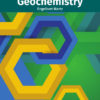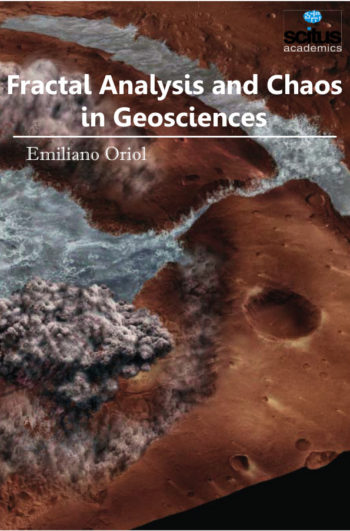Natural disasters cause suffering through the harm of people and infrastructure along with huge economic destruction. Risks from natural hazards are part of everyday life, whether it is from floods, storms, tsunami, landslides, severe weather or earthquakes. Awareness and understanding of risk and effective risk management is therefore necessary to reduce the vulnerability of our communities. Assessments of natural hazards form the basis for all management tasks and are therefore a crucial component of hazard management. This fact has become apparent during the last years and consequently funds for the advancement of hazard assessments as well as the enhancement of management strategies have been allocated. Natural hazard assessments are always subject to uncertainties due to missing knowledge about the complexity of hazardous processes as well as their natural variability. Decision-makers in the field of natural hazard management need to understand the concept, components, sources, and implications of existing uncertainties in order to reach informed and transparent decisions.
This timely edited volume explores the current state-of-the-art research in risk assessment and uncertainty for the major natural hazards. It covers work currently occurring in uncertainty quantification of volcanic, earthquake, and landslide processes. The book focuses on advancements in uncertainty and risk assessment for natural hazards driven by biological, physical, and climatic factors contributed by scientists and researchers the natural hazard scientific community, from those in real-time analysis of natural hazards to those in the research community from academia and government. It illustrates how natural hazard sciences and modeling efforts vary across multiple dimensions in terms of data availability, sufficiency, and spatiotemporal scale, the relative amount and cumulative expertise of scientists working in each field, and the state of the science in quantitative uncertainty assessment. The book introduces a framework for identifying and classifying uncertainty, presents insights on communicating uncertainty across arenas.













